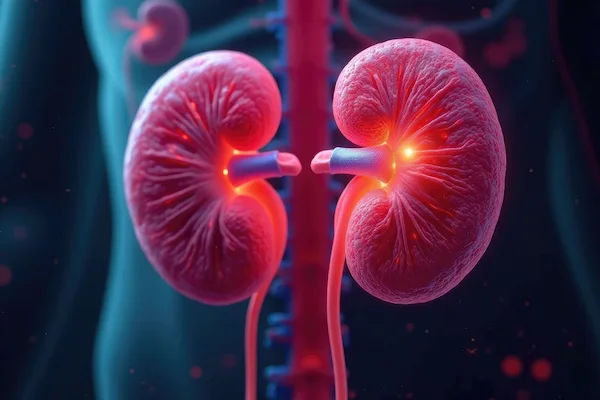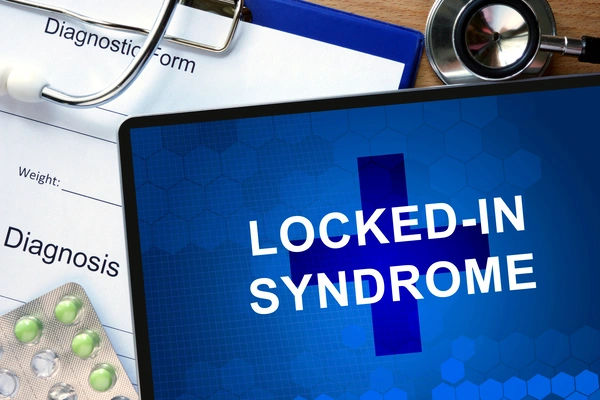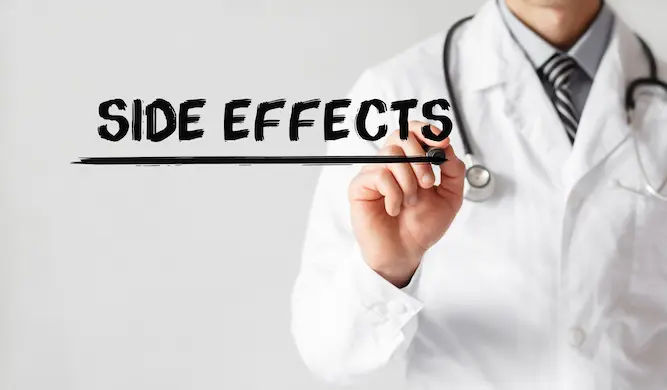- male
- 60 Years
- 23/01/2025
I'm really worried right now about my health. I've been checking my blood pressure every day for the past two weeks, and it's been around 190110 consistently. I'm already taking Telmisartan 40mg, but it doesn't seem to be helping at all. On top of that, my creatinine level is 1.8, my potassium is high, urine protein is at 2484, and my albumin is 3.3. My vitamin B12 is really low at 82. Can you help me understand what all these numbers mean and what I should do next?
Answered by 1 Apollo Doctors
Typhoid and Malaria Co-Infection
Dark Yellow Urine
- Medication side effect: Certain medications, such as rifampicin (used to treat typhoid), can cause urine to turn orange or dark yellow.
- Dehydration: Inadequate fluid intake or excessive fluid loss due to fever, sweating, or diarrhea can cause concentrated, dark yellow urine.
- Liver function: Typhoid and malaria can affect liver function, leading to changes in urine color.
Concerns and Recommendations
- Consult your doctor: Inform your doctor about the dark yellow urine, as it may indicate dehydration or liver function changes.
- Increase fluid intake: Drink plenty of fluids, such as water, clear broths, or electrolyte-rich beverages like coconut water or sports drinks.
- Monitor urine output and color: Keep track of your urine output and color to ensure you're staying hydrated and to detect any potential issues.
- Complete the treatment course: Continue taking your medications as prescribed, and complete the full treatment course to ensure effective management of typhoid and malaria.
- Follow-up appointments: Schedule follow-up appointments with your doctor to monitor your progress, adjust treatment if needed, and address any concerns.
Dr. Mubarak Suggests...
Consult a Nephrologist
Answered 04/07/2025
0
0

More Nephrology Health Queries
View allI've just learned that my dad has chronic kidney failure, and the doctors are suggesting a kidney transplant. They say my kidney is a match, and I've decided to donate. Can you give me some guidance on what to expect or prepare for? I'm 33 and just want to make sure I'm making the right choices and fully understand what's involved.
Before the kidney transplant, you will need to undergo a series of tests to ensure that you are healthy enough for the procedure. This includes blood tests, imaging tests, and a thorough physical examination. As a donor, you will also need to follow a specific preparation regimen before the surgery. After the transplant, you will be prescribed immunosuppressant medications to prevent rejection of the transplanted kidney. Common medications include Tacrolimus, Mycophenolate, and Prednisone. The dosage and frequency of these medications will be determined by your transplant team based on your individual needs. It's important to follow your healthcare team's instructions closely and attend all follow-up appointments to monitor your kidney function and overall health post-transplant. If you have any concerns or experience any unusual symptoms, be sure to inform your healthcare provider promptly.
Answered by 1 Apollo Doctors
I'm really worried about the pain and swelling in my feet, especially in the soles. It's gotten so bad that I can't even walk, and on top of that, my creatinine and potassium levels are elevated. What could be causing this, and what should I do?
Pain and swelling in feet and pain in soles unable to walk as there is lot of pain also the creatinine and potassium levels are high consult general physician
Answered by 1 Apollo Doctors
I'm really worried about my father. He's 67 and has been dealing with diabetes for 25 years, which has now affected his kidneys. Back in October 2016, his creatinine level was at 2.92, and we were told he's got CKD. By December 2016, it climbed to 3.0, and in January 2017, it shot up to 4.77. He stopped eating and became really inactive, and we had to rush him to the hospital. Then on January 25th, his creatinine was 6.7, and just two days later, it jumped to 7.7, even with all the medications he's on. His diabetes levels range between 130-200 for fasting and post-lunch, and they say it's under control. His blood pressure averages between 137 to 140 daily. Both ECG and 2Decho came out fine, but his hemoglobin is low at 8, and his potassium is at 4.2. Given these numbers, especially with his creatinine levels rising so quickly, I'm really anxious. What should we do next? Are there any specific treatments or precautions we need to consider to help manage his condition better?
Ideally he must be taken up for Dialysis to bring creatinine atleast less than 5 with good urine output and normal electrolytes,dont worry follow your doctors advice
Answered by 1 Apollo Doctors
Disclaimer: Answers on Apollo 247 are not intended to replace your doctor advice. Always seek help of a professional doctor in case of an medical emergency or ailment.





